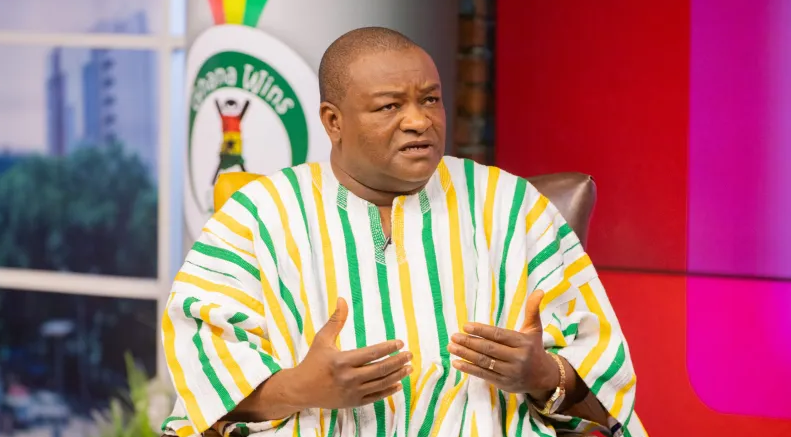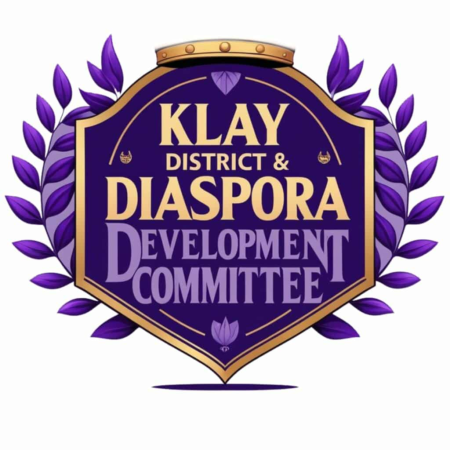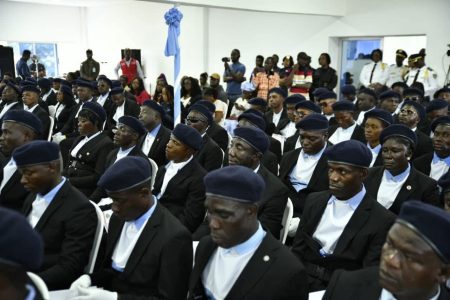The controversy surrounding Dr. Hassan Ayariga’s academic title has erupted into a public dispute between the All People’s Congress (APC) leader and the Ghana Tertiary Education Commission (GTEC). The conflict stems from a letter, purportedly issued by GTEC and circulated on social media, which questioned the legitimacy of Ayariga’s use of the title “Dr.” and directed him to cease using it until providing proof of its proper conferral. The letter further alleged that Ayariga had ignored previous requests for documentation and threatened legal action if he failed to comply by July 31, 2025. However, Ayariga vehemently denies receiving any such official communication from GTEC, raising concerns about the Commission’s procedural conduct and the premature public dissemination of the allegations.
Ayariga’s response has been swift and pointed, criticizing GTEC for its unprofessional handling of the matter. He condemns the public release of the letter on social media before any direct contact or opportunity for him to respond was afforded. This preemptive action, he argues, violates established protocols and suggests a lack of due diligence on the part of the Commission. In his own statement, Ayariga categorically denies receiving any formal correspondence from GTEC regarding his academic credentials, emphasizing the discrepancy between GTEC’s claims and his own experience. This denial casts doubt on the Commission’s narrative and highlights the potential for miscommunication or procedural irregularities.
The core of Ayariga’s contention lies in GTEC’s alleged failure to follow due process. He argues that the Commission’s public statement, accusing him of improperly using the title “Dr.”, was premature and based on unverified assertions. He underscores the importance of a thorough investigation and the opportunity for him to present his documentation before any public pronouncements are made. By circumventing these established procedures, Ayariga asserts, GTEC has compromised its credibility and potentially damaged his reputation.
Furthermore, Ayariga’s response challenges GTEC’s transparency and accountability. He demands that the Commission disclose the basis for its claims, including any evidence or findings from their alleged investigation. This demand aims to expose any potential flaws in GTEC’s methodology and ascertain the validity of their accusations. It also serves to hold the Commission accountable for its actions and ensure adherence to established protocols for investigating such matters. By questioning GTEC’s process, Ayariga seeks to expose any potential biases or irregularities that may have influenced their actions.
The escalating dispute between Ayariga and GTEC transcends a simple matter of academic credentials. It raises broader concerns about institutional conduct, public accountability, and the potential for reputational damage through premature and unsubstantiated claims. Ayariga’s challenge to GTEC’s procedures highlights the importance of due process and the right to respond to allegations before they are publicly aired. The public nature of this disagreement underscores the need for transparency and accountability in public institutions, particularly when dealing with matters that can impact an individual’s reputation and career.
Finally, the controversy raises questions about the appropriate channels for addressing disputes related to academic credentials. While GTEC’s mandate includes ensuring the quality and integrity of tertiary education, their handling of this situation raises questions about the appropriate balance between protecting public interest and respecting individual rights. The controversy serves as a reminder of the importance of careful consideration and adherence to established procedures when investigating such matters. It also underscores the need for clear communication and transparency to ensure that all parties are treated fairly and that justice is served. The unfolding developments in this case will likely have significant implications for how such disputes are handled in the future and could potentially lead to a review of GTEC’s procedures to ensure greater fairness and accountability.














